Rare images of Nelson Mandela form the heart of a new exhibition celebrating Dundee’s role in Scotland’s anti-apartheid movement.
Mandela was still languishing in a cell in Pollsmoor Prison, South Africa, when, on October 31 1985, he was granted the Freedom of Dundee.
Scotland, Global Solidarity and Mandela at the University of Dundee’s Tower Foyer Gallery tells the story of Mandela’s relationship to Scotland and the role played by the Scottish people in the global struggle to end apartheid.
Connection between Dundee and Africa
The exhibition has been curated by some of the university’s history lecturers, including Dr Matt Graham, who is a senior lecturer in African History.
Dr Graham said: “One of the things I focus on when I’m teaching students in Dundee about Africa is the connections between Africa and our city.
“For example, there was a Dundee in South Africa, and there are 23 suburbs of Johannesburg named after other Scottish towns and cities.
“It’s really trying to draw those connections so that they understand that Scotland and Africa have more links than they probably first think about.
“So the exhibition came out of that, really.”
The exhibition highlights the campaign to secure Mandela’s release from prison alongside Dundee’s own contribution to the anti-apartheid struggle.
Dr Graham said the plans to curate an exhibition based on Dundee’s role in the movement stemmed from the city’s unique materials on the subject.
He said: “The University of Dundee archives hold some of the rarest photos of Nelson Mandela anywhere in the world.
“We wanted to use these images to begin to tell the story and showcase the kinds of materials that the university has.
“But we also wanted to bring more attention to the fact that Nelson Mandela was awarded the Freedom of the City here in 1985.
“It’s not something that many people really talk about; there’s a tiny plaque in the Wellgate library, but to be fair, most people just walk straight past it.
“So we want to celebrate Dundee’s contribution to the anti-apartheid struggle and also honour Mandela.”
What better place to do that than in the city of Dundee?
In Britain, opposition to the apartheid system in South Africa was led by the Anti-Apartheid Movement (AAM).
The Scottish Committee of the AAM was formed at a meeting held at the University of Dundee in 1976.
The first meeting took place at Dundee University Students Union.
It was around this time the people of Dundee became more aware of the anti-apartheid struggle and things which were happening in South Africa.
Mandela was imprisoned for his activism against apartheid from 1962 to 1989 and Dundee councillors voted to award him the city’s freedom in 1985.
Lord Provost Tom Mitchell said giving the freedom would help the council and Dundee people to better understand what was going on in South Africa.
Dr Graham said: “The Dundee Labour councillors were lobbied by the apartheid movement in Dundee.
“There was a petition, where over 4,000 people in Dundee signed it.
“A series of rallies and street meetings followed in the city square.
“Over the summer of 1985, support for the movement grew.
“By the fall, the 31st of October 1985, Dundee Council gave Mandela freedom in the city.”
However, at a time when some saw Mandela as a freedom fighter and others viewed him as a terrorist, the Dundee vote was not without controversy.
The vote went through by 29 votes to 13.
The freedom was eventually awarded “in recognition of Mandela’s long years of imprisonment as a result of his fighting for freedom from apartheid for his fellow black citizens of South Africa; of the symbol which he has become throughout the world in the campaign to change the South African Government’s repressive and racist policies; and in testimony of the esteem in which he is held by the councillors and citizens”.
Preparing the exhibition
The exhibition, which is Dr Graham’s first for the university, features material on loan from the University of Dundee Archives, Dundee City Archives, and the Local History Centre at Dundee Central Library.
Dr Graham and his colleague Dr Chris Fevre started collating the materials in 2019.
Dr Graham said: “It took quite a long time to prepare the exhibition.
“We had to visit all the different archives, get the different pictures, get permissions, write the text, work with a designer; it was quite a lot of effort to bring it all together.
“We managed to get the main boards and our information booklet all printed and ready for the exhibition launch, which was supposed to be in April 2020.”
Pandemic delays Nelson Mandela exhibition
They were all ready to go – but then the pandemic struck and just like the rest of the world, the exhibition came to a halt.
Dr Graham added: “We eventually held the first part of the exhibition in April and May 2022 in the Wellgate Library.
“For this second part that we’ve got here at the university, we’ve also worked with Dundee City Archives and Dundee Library.
“They’ve allowed us to use some of their archival photos and posters and pictures, so we’ve actually got more detail this time around which is a really nice, added bonus.”
Apartheid, or “apartness” in the language of Afrikaans, was a system of legislation that upheld segregationist policies against non-white citizens of South Africa.
Despite strong and consistent opposition to apartheid within and outside of South Africa, its laws remained in effect for the better part of 50 years.
Dr Graham added: “With the exhibition, we want to remember that ordinary Dundonians made the decision to come out and support this cause.
“It’s so important to remember that international solidarity.
“South Africa and apartheid was 6,000 miles away from Dundee, but in taking decisive action and really showing interest in it, I think it showed that people in our city were appalled by [what was going on].”
The Freedom of Dundee
The Freedom of Dundee is an honorary title given to select individuals who are then made free citizens.
In that city, they are granted the right to vote.
Those who have received the Freedom of Dundee in the past were often politicians, however the Queen Mother was also recognised in 1954.
Also for #BlackHistoryMonth @crer_scotland our new exhibition opens in the Tower Foyer Gallery on Saturday, exploring Scotland's links to Nelson Mandela and the fight against apartheid. Curated by Dr Matt Graham @HumanitiesUoD pic.twitter.com/ZVKnuBSERs
— Museums, UoD (@UoD_Museums) October 7, 2022
Over his 27 years of imprisonment, Mandela became the world’s best-known political prisoner.
The efforts to free Mandela became mainstream with global pop stars such as Jim Kerr, from Glasgow band Simple Minds, writing songs and playing concerts in support of his freedom.
Nelson Mandela after imprisonment
International pressure, in the form of sanctions against the South African regime, eventually led to Mandela’s release in 1990 at the age of 71.
Shortly after his release, Mandela was made deputy president of the ANC.
He then became president of the party in July 1991 and the government under his leadership began to repeal most of the legislation that provided the basis for apartheid.
Mandela’s work to end apartheid and bring about a peaceful transition to non-racial democracy in South Africa earned him the Nobel Peace Prize in 1993.
He died in 2013.
- Scotland, Global Solidarity, and Mandela will be open in the University’s Tower Foyer Gallery until December 16; Mon-Fri 9.30am-7pm, Sat 11am-4pm.
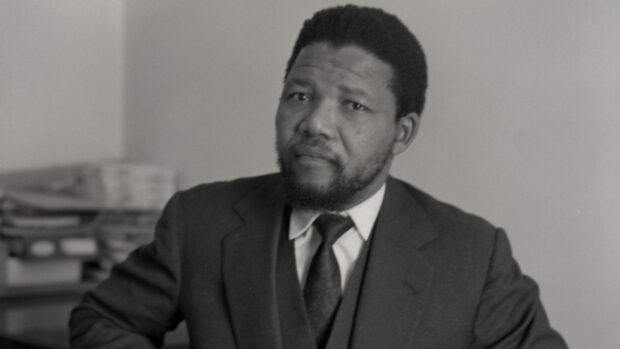
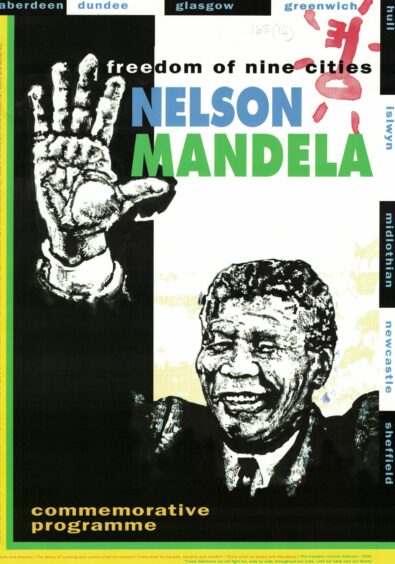
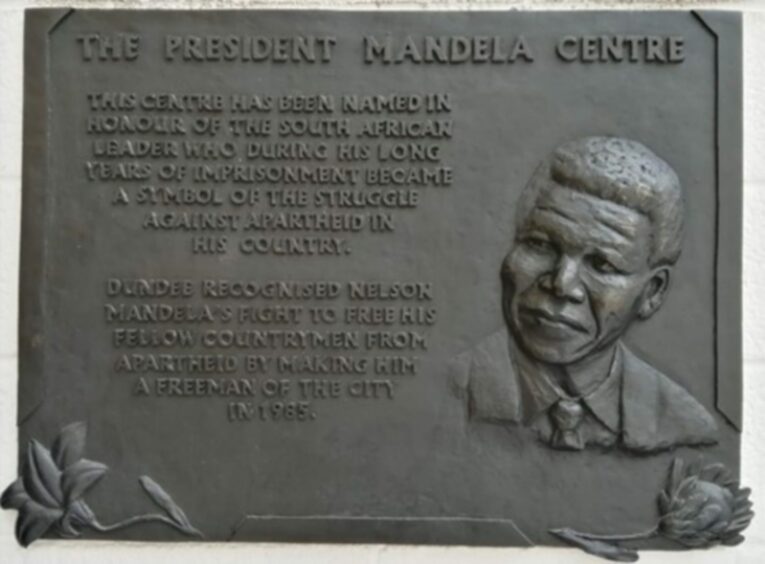
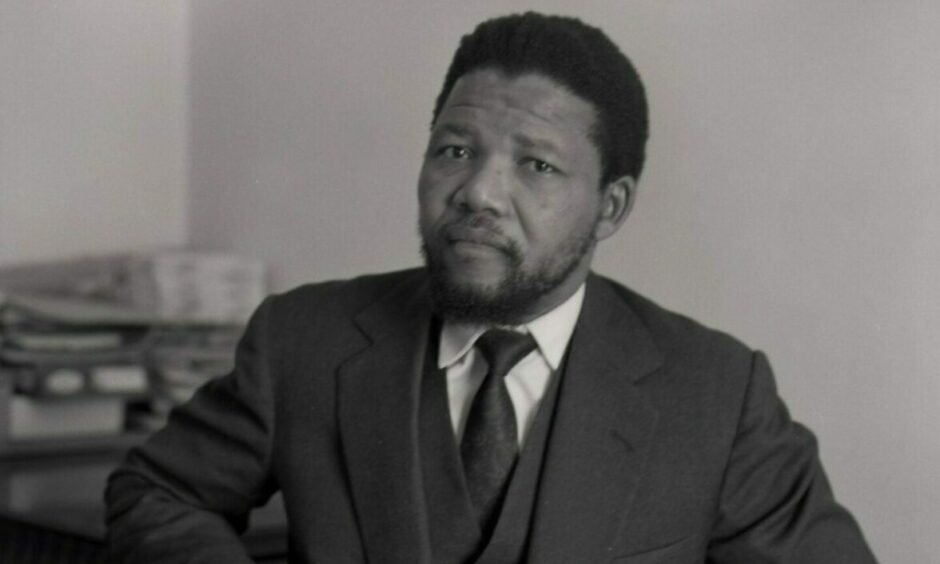
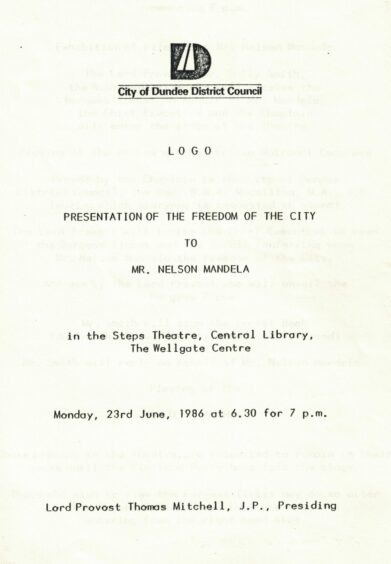
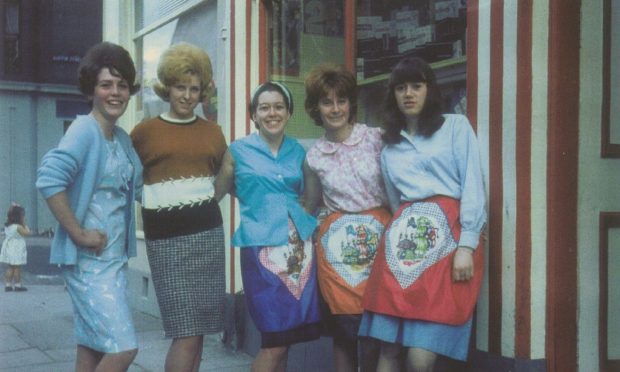
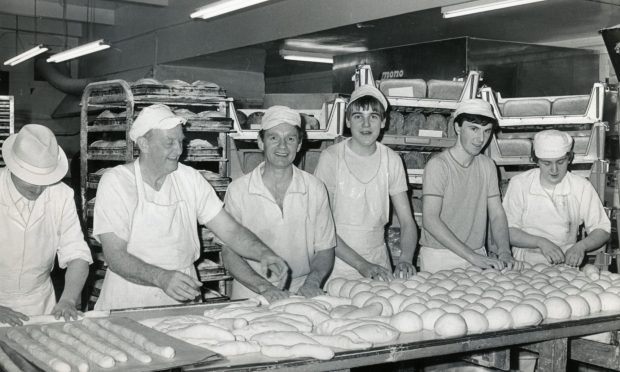
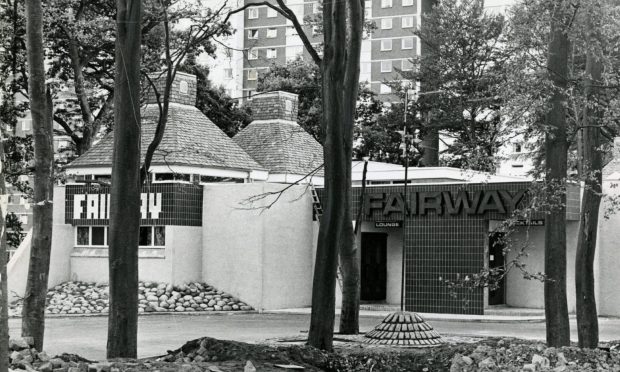
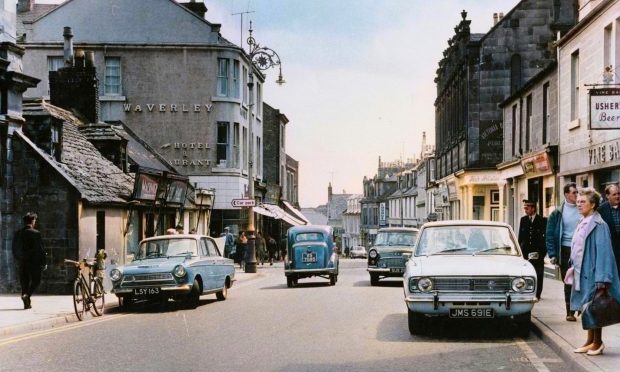
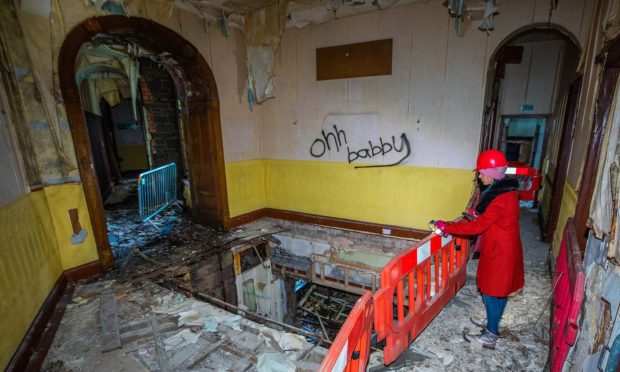
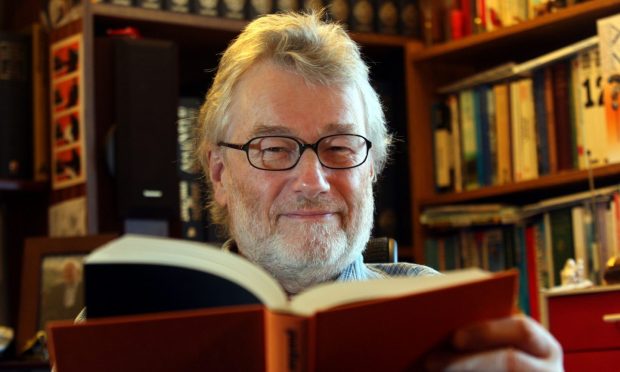
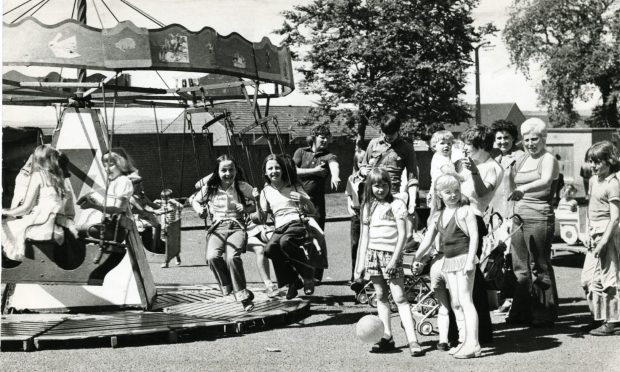
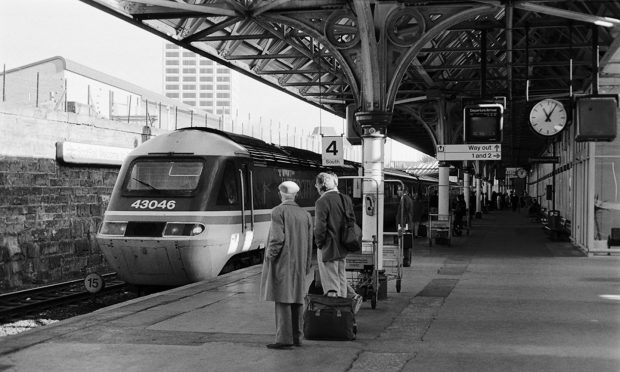

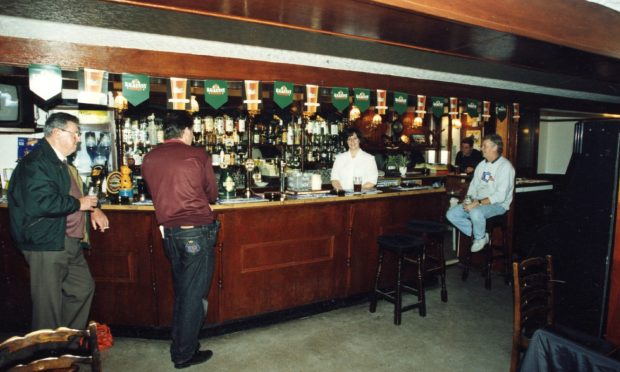
Conversation